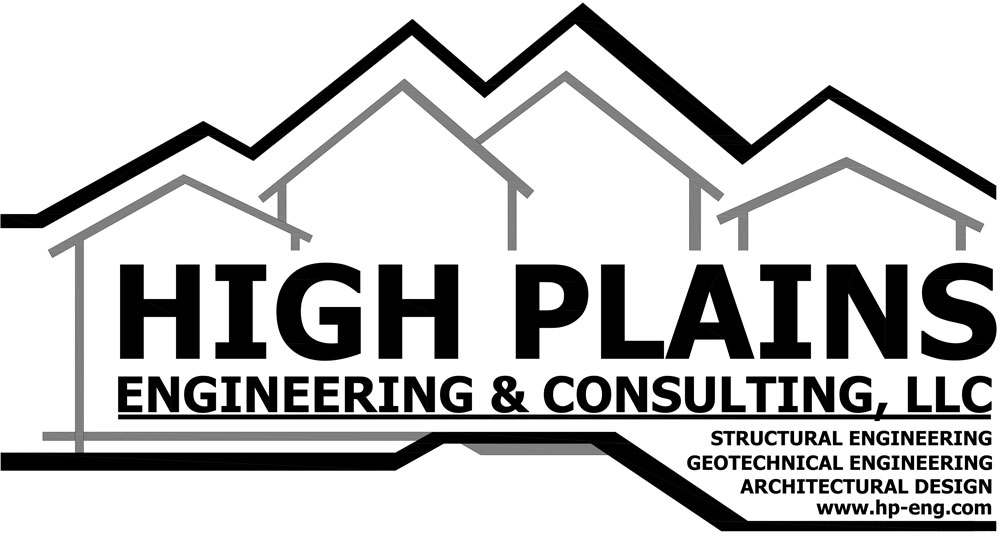What Is Percolation Testing, and Why Is It Important?
If you have (or are about to have) a septic system, you’re probably familiar with the terms “perc test” or “percolation testing” in Hudson, CO. Getting a perc test is an important part of working with or installing a septic system, as it indicates how likely the tank is to function properly.
What is percolation testing?
Percolation testing is when engineers test how fast water can flow through the soil, which is called the percolation rate. Because septic systems rely on dispersing the treated water through the drain field, it’s important that the soil has an appropriate percolation rate. Otherwise, the water may not be dispersed properly, or it may flood the ground.
Percolation testing is affected by the soil particle size. Clay soils tend to have smaller particles, and therefore more surface area, while sandy soils have larger particles. The water passes through sandy soil much faster than clay soil.
Why do I need percolation testing?
Your soil texture determines whether your septic system will be successful or run into drainage issues. Soil texture refers to its composition, whether silt, sand or clay—this affects how well the soil allows water to pass through and how much it holds on to. Typically, finer soils are able to hold more water, while large-texture soils allow water to pass through much faster.
Septic systems operate by treating the wastewater in the tank underground, then allowing the effluent to flow out into the drain field. If the soil cannot absorb water, the effluent will remain in the tank, whereas if the soil is too loose, the water can cause floods or allow it to reach the groundwater supply before it has been fully treated. Civil engineers are well-versed in the soil texture needed to ensure the best results.
It’s also important for engineers to determine appropriate locations. Septic tanks require several feet of good soil around the leach pipes, between the tank and hardpan or rock and above the water table. Your engineer will help you choose a site, avoiding steep slopes, bad soil or other conditions that would cause your gravity-fed septic system to fail.
In addition to practical construction matters, your municipality will require a perc test in Hudson, CO whenever you’re building a home and installing a new septic tank. Unless there’s another municipal sewage system to which you can connect, you won’t be able to build on your property if your land fails its perc test. After all, the waste needs to go somewhere safe.
If your property fails the perc test, you may be able to save the project—there are alternative septic systems available that may help you work with the existing soil instead of making drastic changes. Civil engineers can, in some cases, “de-water” the soil or otherwise “cure” the leach field.
To learn more about perc tests and the companies in Hudson, CO that provide them, call High Plains Engineering & Design, LLC today. We’ll help you find effective solutions for your septic system.
Categorised in: House Building
